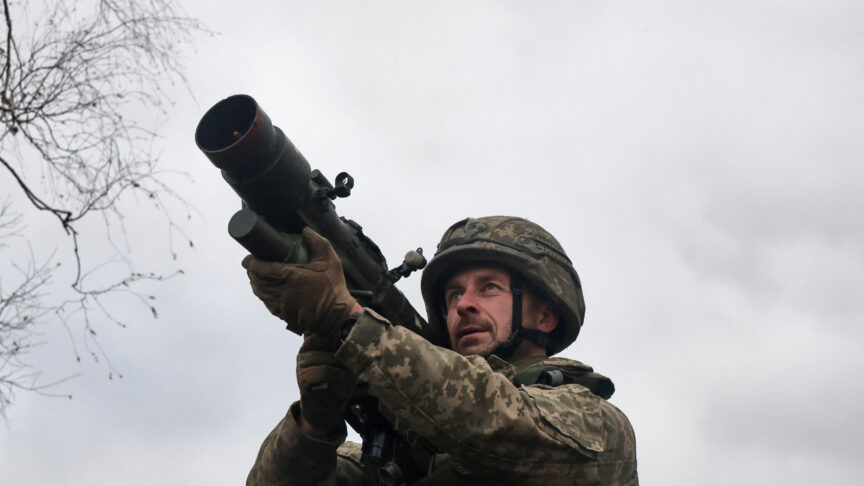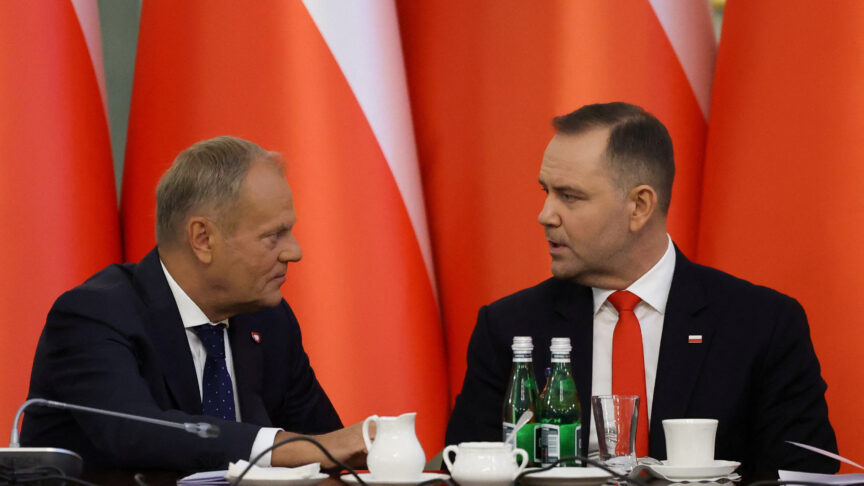View from Madrid: The many-faced Janus
Spain is inclined towards conditional accommodation with Russia but tends to refrain from open overtures towards Moscow.
A messy state of European affairs has set in at a time of extremely messy Spanish politics, marked by the re-structuring of party politics, the crisis over Catalonia and huge corruption cases tarnishing the leading Popular Party (conservative). Hence, with a caretaking government for nearly a year after two inconclusive elections, and with a hung – though newly empowered – parliament, foreign policy issues catch inward-looking Spain largely off guard, even if Brexit, the refugees’ plight or the carnage in Aleppo do raise concerns.
Spain’s balancing act with Russia
Spain’s current policy towards Russia is like the many-faced god Janus: it can support several stances at once. This sometimes raises eyebrows among partners in Europe and across the Atlantic, though Madrid’s foreign policy officials see Spain’s position as perfectly coherent.
Spain’s pragmatic balancing act with Russia will guide its approach to the upcoming discussions at the European Council. It is inclined towards conditional accommodation of Moscow, buttressed by the establishment’s rather conservative worldview and acceptance of great power politics and spheres of interest, as well as Spain’s self-perception as a neutral broker, Madrid’s interest for productive relations with Moscow (also given its current non-permanent seat at the UNSC), and a sincere conviction that carrots work better than sticks with the Kremlin.
On the other hand, pro EU Spain cherishes European unity and tends to refrain from open overtures towards Moscow, such as those made by Rome or Budapest. Hence it has closely followed Germany’s stance, condemned Russia’s violations of international law and generally supported sanctions, though it always insists on the need to combine firmness with engagement, with a preference for the latter.
Moreover, as a NATO ally, the country has been steadfast, even in times of economic hardship, in participating in both reassurance measures with exposed NATO members and in deterrence. Madrid has contributed substantially to NATO’s Baltic operation and been a framework nation for the Very High Readiness Joint Task Force (VHRJTF).
While the above sets the general tone of Spain’s Russia policy, the specific accent at any time depends on the personal preferences and inclinations or whims at times, of various officials, politicians and tactical considerations, which tends to result in occasional u turns.
Public opinion
Spain’s mainstream media usually endorses more hawkish attitudes against the Kremlin than the current government and most political parties in Spain. Among the population, perhaps due to an underlying resentment of authoritarianism shared by most modern Spaniards, polls show a marked disdain of Putin and point to a preference for red lines above the EU’s average, suggesting a gap between public and elite views.
Nonetheless, there is a substantial parallel reality in the blogosphere, social media and some media channels (such as RT in Spanish), which toes the Kremlin’s position on everything and has some influence. Such narratives thrive in times of dissatisfaction with established politics and in times of what some have dubbed “post truth politics”.
Podemos often endorses this narrative, demanding an immediate end of sanctions, uncritically accepting Russia’s narrative on Ukraine or Syria and calling for partnership with Putin – ironically seen as a bulwark against Western imperialism. They are joined by a motley crew of radical nationalists in the regions as well as fringe Spanish fascist movements, though the latter remain irrelevant politically. Further, intellectual Russlandverstehers are very influential in university settings and some strategic and military institutes, sometimes propounding a Russian friendly Southern caucus.
Inflection points
A potentially major inflection point for this juggling act on Russia would probably be an eventual ascension of Podemos to the central government, either as the leading party or in a coalition with PSOE, but this does not look likely anytime soon. Hence, rather than a specific point, the real inflection will be the outcome of the current political turmoil in Spain and the West; that is, how the contradictory instincts of isolationism vs globalism and authoritarianism vs democracy will evolve in the next few years.
The worldview of the leaders emerging from the rocky political landscape in Spain will therefore be crucial, as will security developments in the European space and the overall resilience and cohesion of the EU and the Atlantic alliance, now threatened with the spectre of fragmentation.
The European Council on Foreign Relations does not take collective positions. ECFR publications only represent the views of their individual authors.


